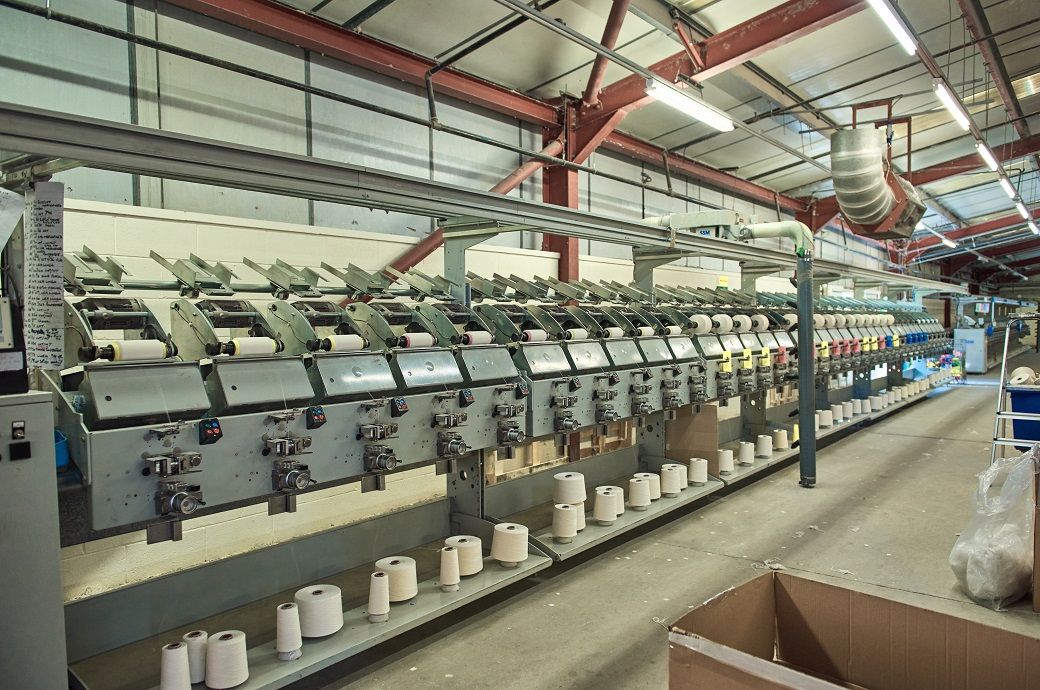
Demand for Australian manufactured goods fell further in April. New orders declined for the fifth month running, and at the fastest rate since August 2021. There were reports of subsequent financial pressures on customers, which also reflected high prices. This led to smaller orders and longer approval processes at clients. Survey respondents commented on broad-based economic weakness, driven in part by high interest rates, according to the Judo Bank Australia Manufacturing PMI report compiled by S&P Global.
New export orders also contracted for the fifth month running, and at the fastest pace since August 2020. Panellists commented that global market demand remained subdued. The ongoing deterioration in new order inflows was reflected in a fifth straight monthly contraction in output in April. That said, the rate of decline in production was only modest and eased since March. This was due to efforts by manufacturers to complete backlogged work, which fell for the fifth month running and at the third-fastest rate on record.
Weak inflows of new orders also influenced firms’ purchasing decisions, resulting in a drop in the volume of inputs ordered by manufacturers for the seventh month running. Lower purchases were linked by firms to weak market conditions and efforts to reduce inventory levels. Stocks of inputs fell for the sixth time in the past eight months, and at the strongest rate since December 2020.
Post-production inventories also declined, albeit at a weaker rate than input stocks. Reduced demand for inputs and improving global supply chains resulted in a survey-record shortening of suppliers’ delivery times in April. Prior to March, lead times had lengthened on average in every month since the survey began in May 2016.
Improving supply chains and weaker demand led to a cooling in price pressures in April. Input price inflation slowed notably to a 33-month low. The input prices index was also below its pre-pandemic trend level. Output prices rose further, but at the slowest rate since December 2020.
Manufacturers remained confident of higher output over the next 12 months, but the level of sentiment eased for the third straight month to the weakest since April 2020. Confidence was undermined by high inflation, increased interest rates, and weak demand. Manufacturers continued to expand their workforces in April, albeit at the slowest rate in the current two-and-a half year sequence of job creation.
Warren Hogan, chief economic advisor at Judo Bank, said: “Australian manufacturing is being impacted by the global manufacturing slowdown, partly a reflection of the post pandemic drop in demand for consumer goods and partly a reflection of weaker global industrial production.
“What is less clear is whether the slowdown in the highly cyclical manufacturing sector will result in a soft landing for the broader economy. We are seeing no signs of economic recession in recent PMI results although elevated interest rates and intense pressures on household budgets are likely to result in a further slowdown in activity over the second half of 2023.”
Fibre2Fashion News Desk (NB)